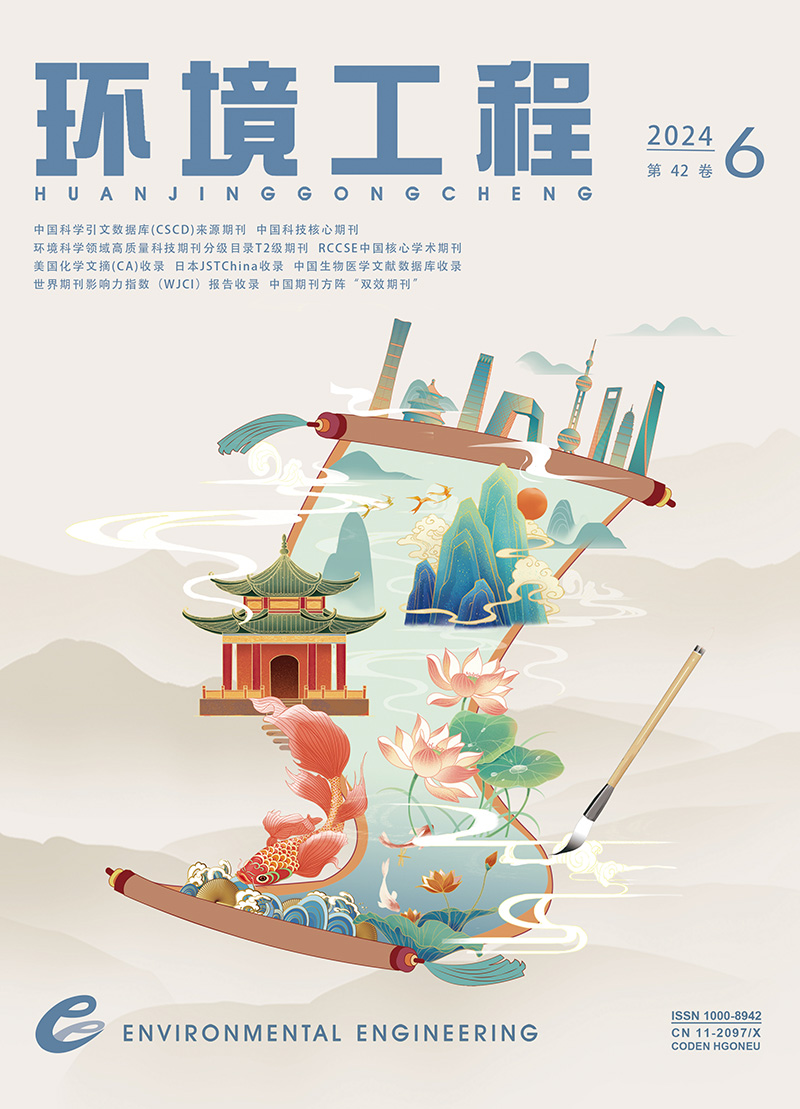Irrigation water quality and criteria/standards in Croatia - contribution to the environment and industry
引用次数: 0
Abstract
The water quality used for irrigation should meet the prescribed criteria. The most commonly determined indicators are electrical conductivity (EC), total dissolved salts (TDS), residual sodium carbonate (RSC) and sodium absorption ratio (SAR). Water can also contain harmful substances, regardless of whether irrigation is carried out from surface water or groundwater. The origin of the pollution can be waste, untreated wastewater or saltwater intrusion. The use of poor water quality can cause soil problems such as alkalinity, salinity, increased sodium concentration, toxicity, etc. In Koprivnica- Križevci county (KKŽ) and throughout Croatia, irrigation is currently poorly represented in agriculture. Given the climate change and the trends of very dry and hot seasons, the implementation of irrigation is of increasing importance. According to the results of determining the groundwater quality for irrigation in KKŽ, the values of the indicators are satisfactory (EC = <0.7 dS/m; TDS = <450 mg/l; RSC = <1.25 meq/l; SAR = <3.0 meq/l) for use in agriculture. However, since there are no standards and criteria in Croatian regulations that would define water quality, the results are compared with European/world standards. Water quality testing and the adoption of standards/criteria in Croatia could contribute to the future development of agriculture in increasingly unfavorable climatic conditions and prevent environmental pollution. This would ensure more efficient cultivation of plants, which also contributes to production in our own food industry.克罗地亚的灌溉水质量和标准--对环境和工业的贡献
灌溉用水的水质应符合规定的标准。最常测定的指标是电导率(EC)、总溶解盐(TDS)、残留碳酸钠(RSC)和钠吸收比(SAR)。无论灌溉用水是地表水还是地下水,水中都可能含有有害物质。污染源可能是废物、未经处理的废水或盐水入侵。使用劣质水会导致土壤问题,如碱度、盐度、钠浓度增加、毒性等。在科普里夫尼察-克里泽夫奇县(KKŽ)和整个克罗地亚,灌溉目前在农业中的应用很少。鉴于气候变化和季节性干旱和炎热的趋势,灌溉的实施越来越重要。根据对 KKŽ 灌溉用地下水质量的测定结果,各项指标值均符合农业用水要求(EC = <0.7 dS/m;TDS = <450 mg/l;RSC = <1.25 meq/l;SAR = <3.0 meq/l)。不过,由于克罗地亚的法规中没有界定水质的标准和准则,因此将结果与欧洲/世界标准进行了比较。克罗地亚的水质检测和标准/准则的采用有助于未来在日益不利的气候条件下发展农业,并防止环境污染。这将确保更有效地种植植物,也有助于我国食品工业的生产。
本文章由计算机程序翻译,如有差异,请以英文原文为准。
求助全文
约1分钟内获得全文
求助全文
来源期刊
自引率
0.00%
发文量
10962
期刊介绍:
Environmental Engineering is a source journal of the Chinese Science Citation Database (CSCD), a source journal of Chinese scientific and technological papers statistics, and a dual-effect journal of the Chinese Journal Matrix. It is selected into the "Chinese Core Journals Overview" and is included in the American Chemical Abstracts (CA), Japanese JSTChina, and Chinese Biomedical Literature (CBM) databases. It mainly covers water pollution prevention and control, air pollution prevention and control, solid waste treatment and disposal, monitoring and evaluation, clean production and energy conservation and emission reduction, soil remediation, etc. Over the years, it has always had a strong team of authors and a wide readership, providing a communication platform for scientific and technological workers and college teachers and students in various fields such as scientific research, engineering design, environmental management, and construction implementation in the field of environmental engineering science.

 求助内容:
求助内容: 应助结果提醒方式:
应助结果提醒方式:


